Overview
Our Plan
The existential threat of climate change demands that we meet this moment with assertive action. Dartmouth has always developed solutions to the most pressing global problems. Now we must fulfill this mission while dramatically decreasing the negative impacts of how we do it. We must reshape how we heat, cool, and power our campus to meet our needs while generating zero carbon emissions.
60% Greenhouse Gas Reduction
By 2030, the energy transition program will produce a 60% reduction in Dartmouth's Scope 1 and 2 greenhouse gas emissions compared to a 2010 baseline.
Energy Use Reduction
By transitioning to hot water and improving building efficiency, the energy transition program will reduce our energy use intensity by more than half by 2035 (compared to a 2022 baseline).
Efficient Heating & Cooling
The new heat pump plants will be tied to geo-exchange bores that transfer heat to and from the ground.
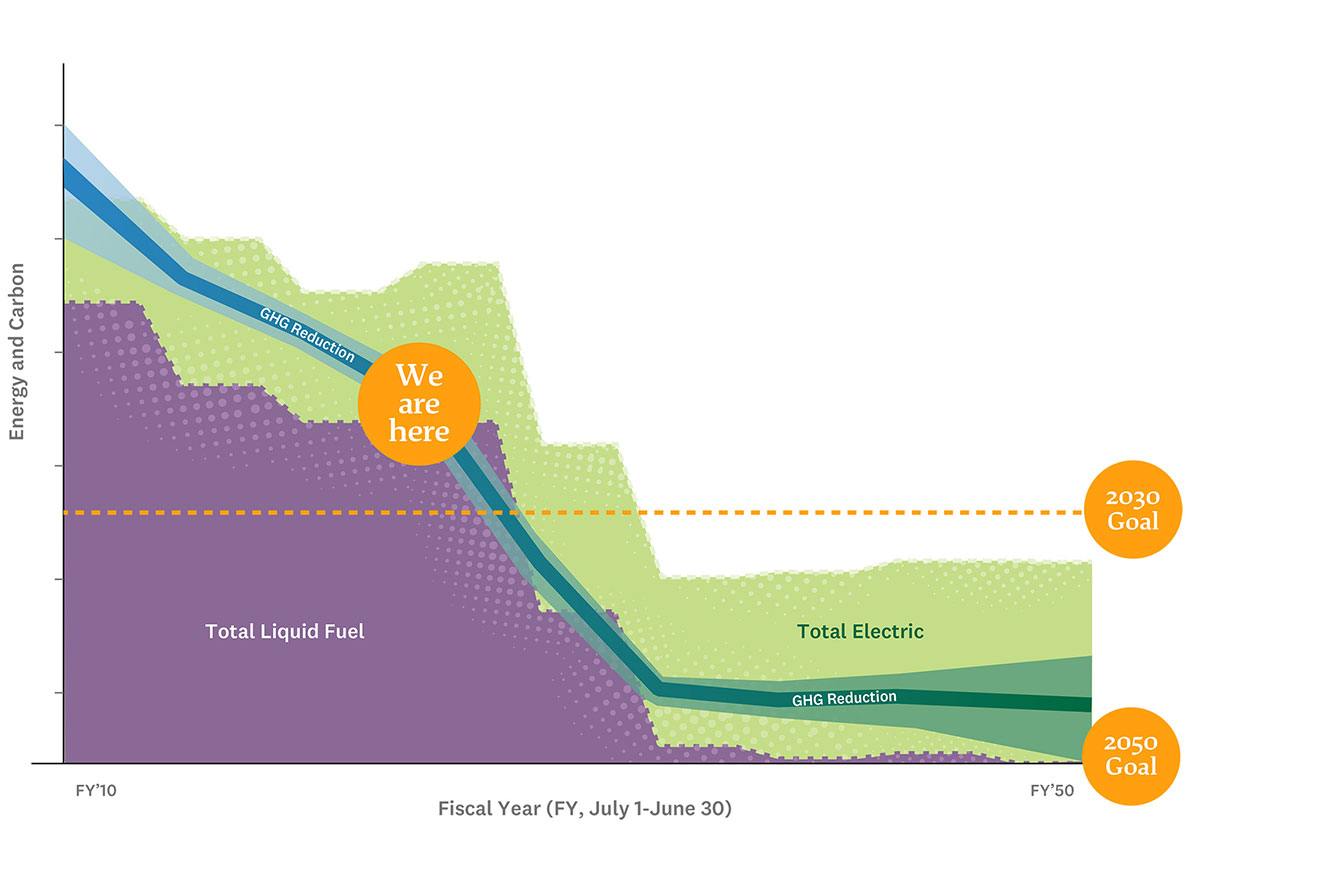
Projected Greenhouse Gas and Energy Reduction Every 5 Years
Our phased approach to improving our campus energy technology portfolio includes reducing fossil fuels and increasing the use of renewable resources. This will help us meet our energy needs while generating zero carbon emissions.
View Chart
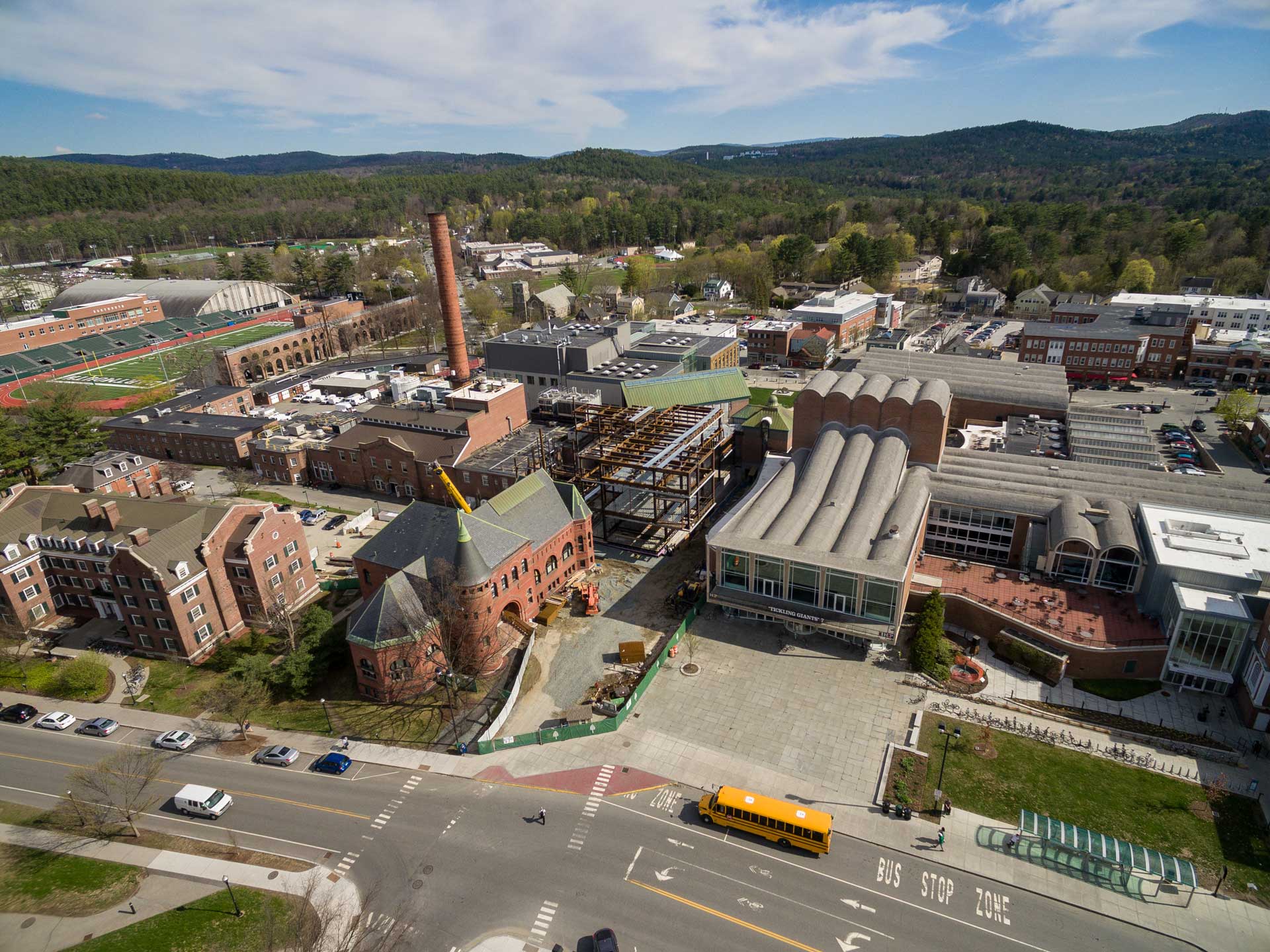
How We Currently Heat and Cool
Dartmouth currently uses fossil fuels to heat and cool our buildings. To reach our carbon zero operations goal, we must reshape how we heat, cool, and power our campus.
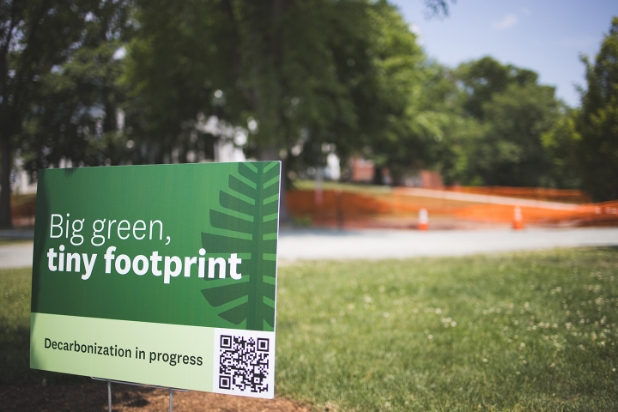
Incorporating Community Feedback
Over the last 10 years, we have looked at nearly every available technology to heat and cool our campus. This includes natural gas, compressed natural gas, biomass, bio-oil, air source heat pumps, and more. We considered large scale wood biomass closely and decided to pivot away from this approach after feedback from Hanover residents and alumni led us to more carefully consider its short-term atmospheric carbon impacts.
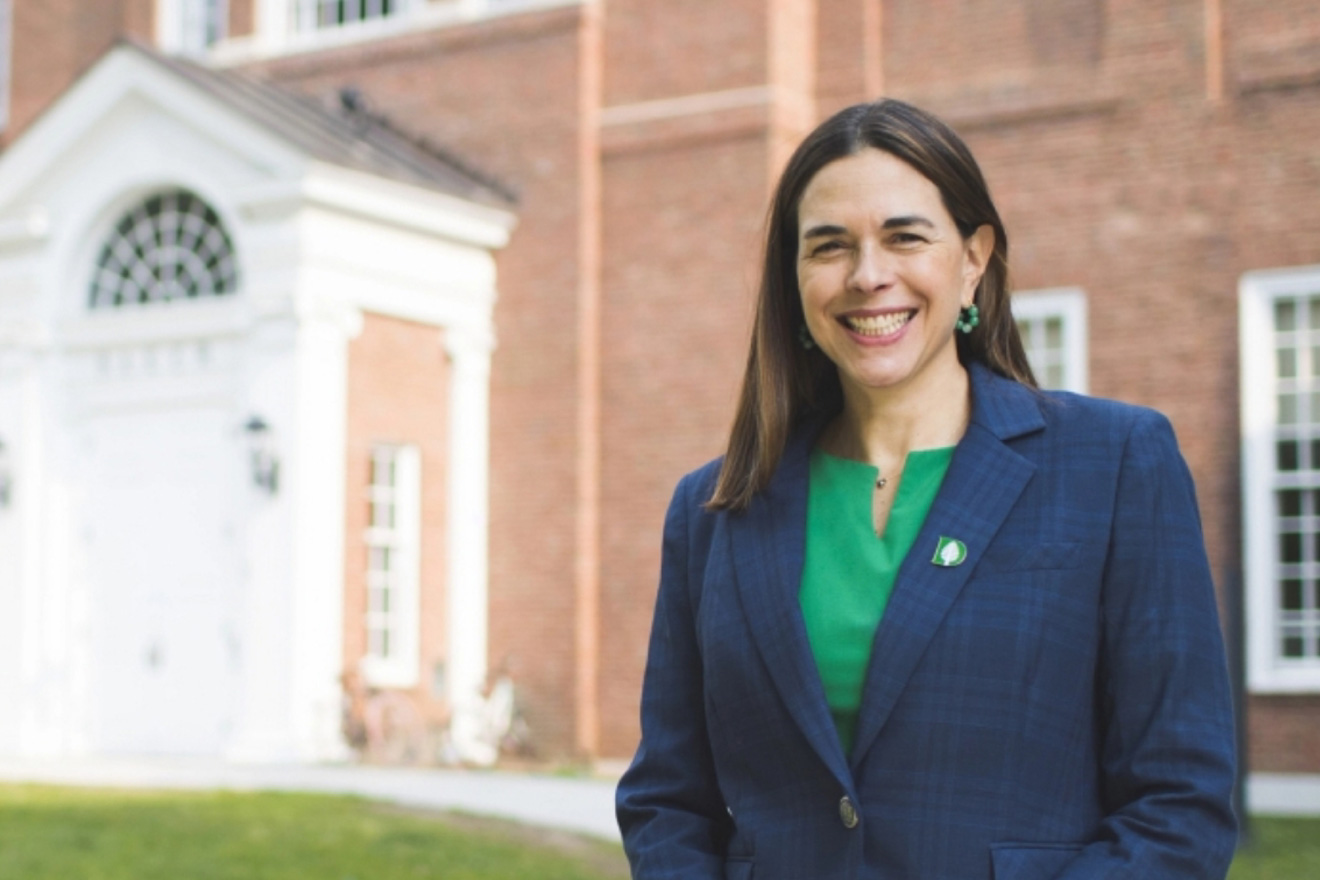
Dartmouth Climate Collaborative
We will invest more than $500 million in climate-related capital improvements, with campus becoming a living lab as the projects become drivers of new research, teaching, and collaboration.
Visit the DCC page
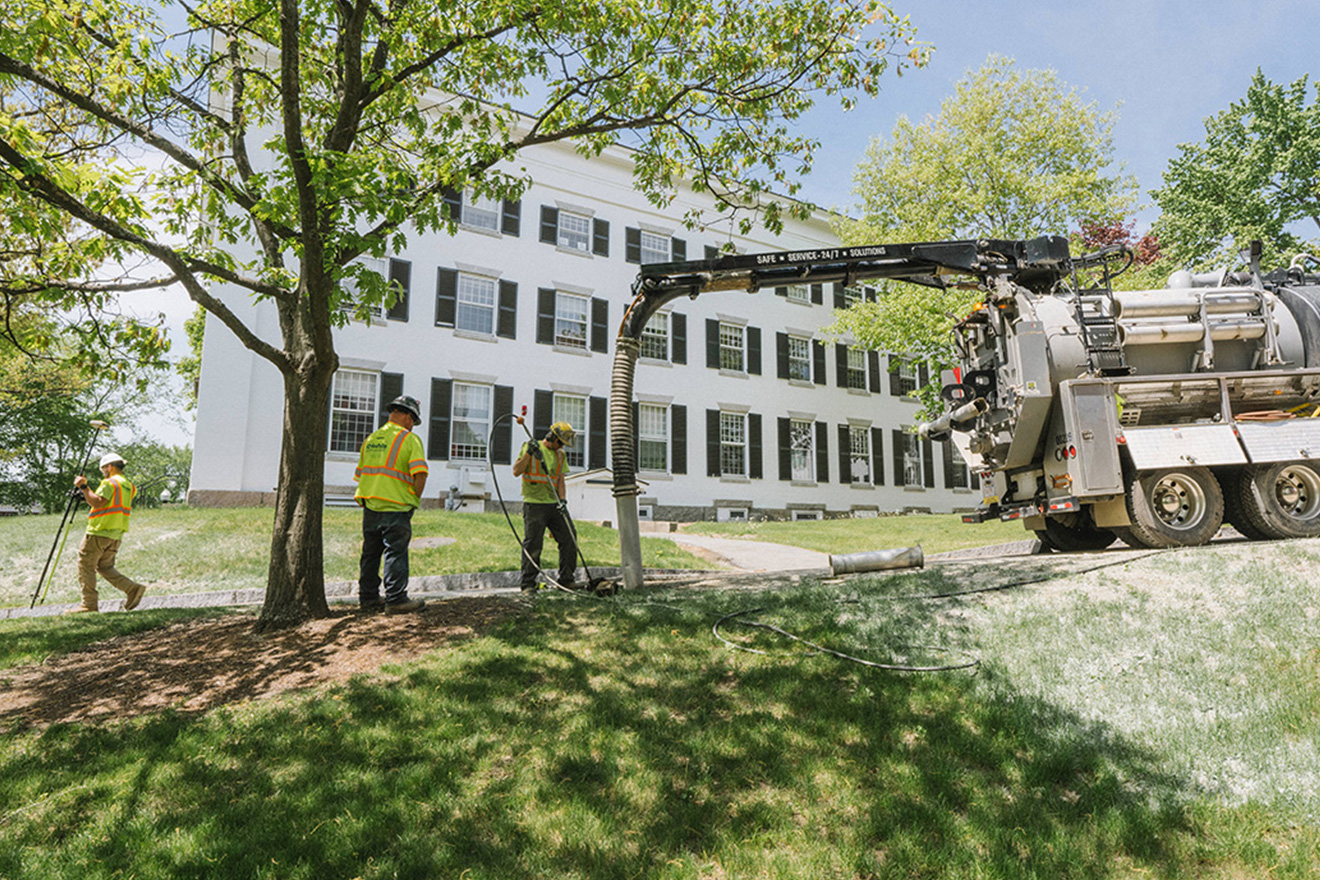
Stay up-to-date on Construction Progress
We know construction projects can be disruptive to daily life. We aim to minimize disruption by keeping relevant communications channels up-to-date. For detailed updates, please refer to the Campus Services Decarbonization page.